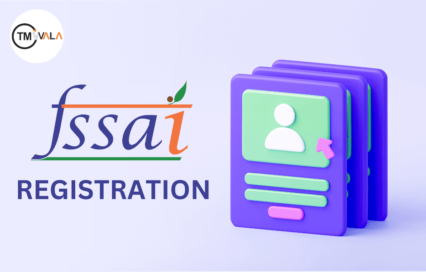
₹4,000.00 Original price was: ₹4,000.00.₹1,999.00Current price is: ₹1,999.00.

₹8,000.00 Original price was: ₹8,000.00.₹3,999.00Current price is: ₹3,999.00.

This article discusses different legal and strategic about how to save tax in a Private Limited Company in India. The article starts with discussing major tax exemptions for companies in India, Section 80-IAC, and Section 80JJAA. It then highlights the necessity of compliance in the form of tax audits for a private limited company, especially under Section 44AB of the Income Tax Act. The article also discusses requirements related to professional tax for a private limited company, applicable at the state level for both employers and employees.
A major part is devoted to tax-saving techniques like claiming depreciation under the Income Tax Act, and utilizing business-related expenses like director remunerations, sitting fees, rent, preliminary expenses, and family member remunerations. It also emphasizes deductions through different operational expenses like entertainment, meetings, and vehicle costs. Through these steps, Private Limited Companies can legally reduce tax liability while remaining in accordance with Indian tax regulations.
INTRODUCTION
A Private limited company is formed lawfully with limited liability or legal protection for its shareholders but that places restrictions on its ownership. Amongst many obligations, paying tax is one of the main obligations of a company.
One of the most effective ways to save tax is by availing various tax exemptions for companies in India. The government offers several benefits to startups and new private limited companies, such as:
Every private limited company must conduct a tax audit for a private limited company under section 44AB of the Income Tax Act if:
Another mandatory tax is the professional tax for a private limited company. Levied by respective state governments.
Claiming depreciation under Income Tax Act is one of the most effective ways to reduce taxable income. Section 32 allows companies to depreciate assets such as:
Salary to Director:
Sitting fees to the director:
Depreciation on assets:
Preliminary expenses:
Rent expenses:
Salary expenditure of a family member:
Entertainment expenses:
Meeting expenses:
Director’s vehicle expenses:
How to save tax in a private limited company in India is the most crucial question that has to be dealt with as it effective tax planning is essential for the financial health and sustainability of a Private Limited Company in India. By taking advantage of government-provided tax exemptions for companies in India, maintaining proper compliance, tax audit for private limited company and strategically recording legitimate business expenses, companies can significantly reduce their tax burden while staying within legal boundaries.
From utilizing startup tax benefits and claiming depreciation under the Income Tax Act, including director salaries and everyday business expenses, there are numerous opportunities to optimize tax outflows. Apart from these doing professional tax for a private company is also very important.
However, it’s important that all such practices are well documented and compliant with prevailing laws to avoid penalties. Seeking professional advice and maintaining transparent financial records can ensure both savings and long-term business stability. Ultimately, smart tax management not only improves profitability but also fosters growth and reinvestment in the company.
Get started instantly
"*" indicates required fields

TMWala
Your one stop shop for all your business registration and compliance needs.
"*" indicates required fields
Choose your Entity Type
Non-MSME/ Large Entitie
Individual/ MSME/ Sole Proprietorships

₹9,000.00 Original price was: ₹9,000.00.₹3,999.00Current price is: ₹3,999.00.
Trademark Application @ ₹3999* (Premium Discounted Plan for MSME/Individual/Sole Proprietorships) Comprehensive
Government Fees
₹4500/-

₹9,000.00 Original price was: ₹9,000.00.₹3,999.00Current price is: ₹3,999.00.
Trademark Application @ ₹3999* (Premium Discounted Plan for Non-MSMEs/Large Entities) Comprehensive
Government Fees
₹9000/-
Choose your Entity Type
Individual/ MSME/ Sole Proprietorships
Non-MSME/ Large Entities
₹3,500.00 Original price was: ₹3,500.00.₹1,999.00Current price is: ₹1,999.00.
Government Fees
₹4500/-
₹3,500.00 Original price was: ₹3,500.00.₹1,999.00Current price is: ₹1,999.00.
Government Fees
₹9000/-
Choose your Entity Type
Individual/ MSME/ Sole Proprietorships
Non-MSME/ Large Entities

₹1,500.00 Original price was: ₹1,500.00.₹999.00Current price is: ₹999.00.
Trademark Application @ ₹999* (Basic Discounted Plan for MSME/Individual/Sole Proprietorships) Best-Selling, Economical & Easy

₹1,500.00 Original price was: ₹1,500.00.₹999.00Current price is: ₹999.00.
Trademark Application @ ₹999* (Basic Discounted Plan for Non-MSMEs/Large Entities) Best-Selling, Economical, Quick and Easy